The 2019 National Health and Morbidity Survey revealed that 1.7 million individuals in Malaysia were facing the challenges of elevated blood pressure, blood sugar, and cholesterol levels, which are significant risk factors for several serious health conditions. Individually and collectively, they can lead to the development of various chronic diseases, including diabetes, heart disease, stroke, kidney disease, and obesity. Thus, the question: Can we prevent and reverse these conditions?
Hippocrates, the Father of Western Medicine, said, “Let food be thy medicine.” Amidst diverse opinions on dietary choices, modern medicine is increasingly recognising the substantial health benefits that a whole-food plant-based (WFPB) diet can offer. Against this backdrop, a magnificent drum performance by the Tzu Chi International Medical Association (TIMA) Kuala Lumpur and Selangor Chapter’s drum team marked the opening of the Healthcare Beyond Medicine Conference on August 6, 2023, at the Berjaya Times Square Hotel. Over 580 healthcare professionals, medical volunteers, and invited guests from various parts of the country and beyond, gathered to delve into the potential of food as medicine in treating and reversing chronic diseases.
The pursuit was grounded in scientific evidence and insights shared by esteemed local and international speakers, including Dr. Caldwell Esselstyn, Director of the Heart Disease Reversal Programme at the Cleveland Clinic; Dr. Michael Greger, physician specialising in clinical nutrition and bestselling author; Dr. Sivaneswaran Poobalasingam, President of the Malaysian Society of Lifestyle Medicine (MSLM); Dr. Ching Chen Hua, nephrologist; and Dr. Ho Gwo Fuang, Professor and clinical oncologist.
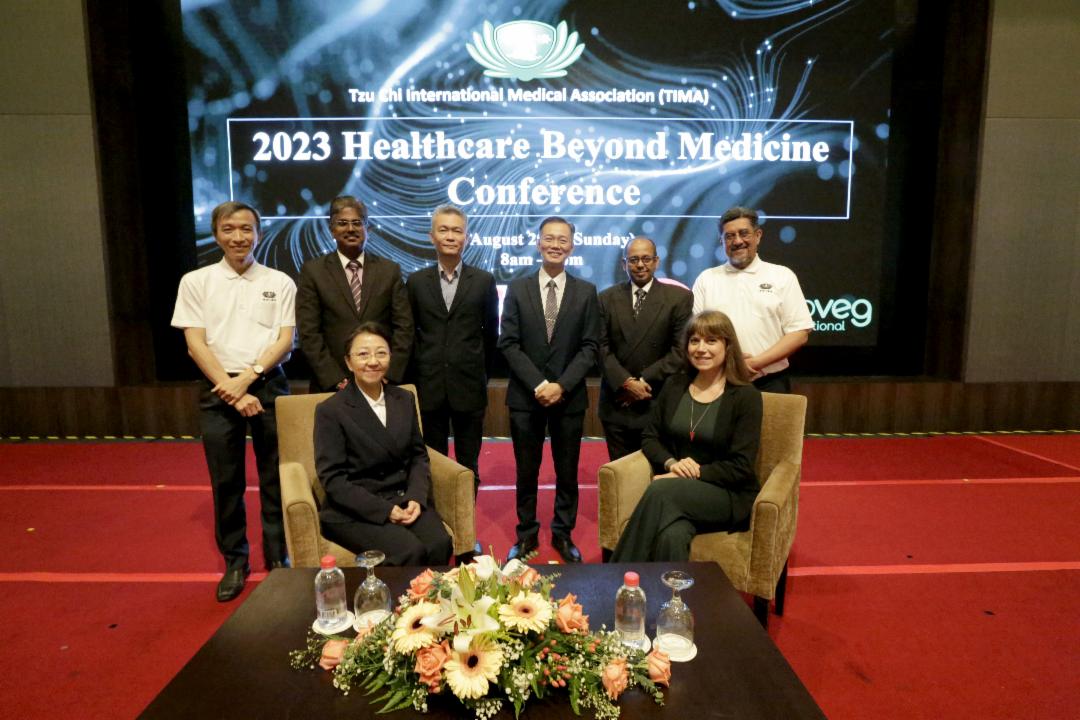

◎ Food or medicine, the choice is yours
Dr. Esselstyn delivered an online lecture titled, “Treating the Cause to Prevent and Reverse Heart Disease”. He asserted that it is absolutely possible to stop any heart disease, not with drugs, a stent, or a bypass operation, but by changing the biochemistry through a WFPB diet. He suggests to avoid oil, fish, meat, dairy, and other foods that compromise blood vessel health and hinder vessel dilation.
Dr. Greger shed light on a common misconception surrounding dementia development, unveiling a bright reality that while Alzheimer’s may be incurable, it is preventable. He highlighted, “Excessive cholesterol in our blood is unanimously recognised as a risk factor for the development of Alzheimer’s disease. When it comes to dietary guidelines for the prevention of Alzheimer’s, we should centre our diets around vegetables, legumes, fruits, and whole grains.”
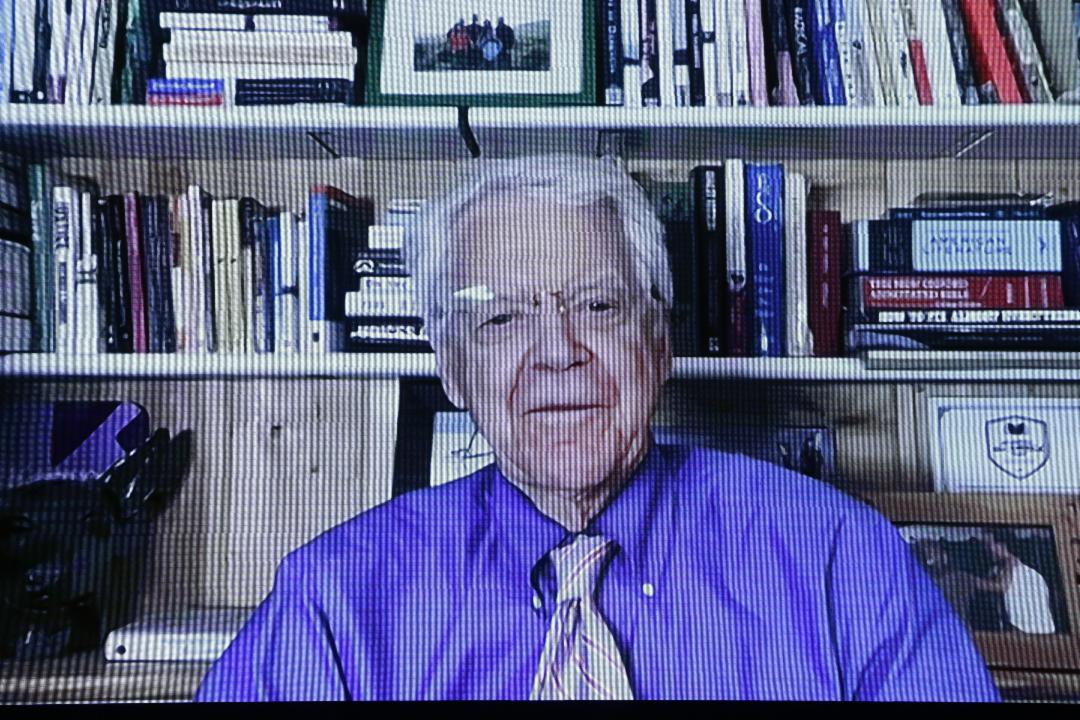
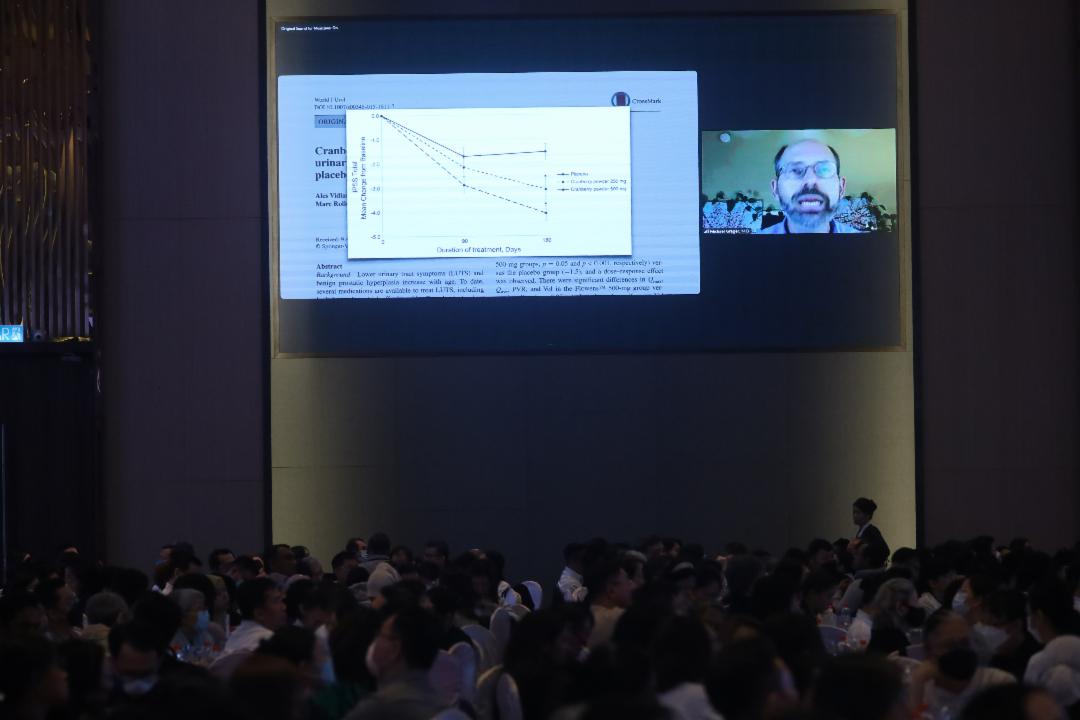
Dr. Ching Chen Hua’s message resonated deeply, noting that six out of ten leading causes of death, as listed by the U.S. Centre for Disease Control and Prevention, are nutrition-related. “In other words, the causes of these six diseases are related to food and lifestyle. That’s why we want to let food be the medicine and not the medicine be our food,” she said, adding that a staggering 85% of kidney disease cases stem from diabetes and hypertension. Her solution rests in lifestyle modifications, with a particular focus on a plant-dominant and low-protein diet.
Dr. Sivaneswaran highlighted the global urgency of diabetes, with projections of 578 million individuals affected by 2030. In Malaysia alone, diabetes prevalence is projected to reach 31% by 2025, affecting 7 million citizens. On a more positive note, he said, “The American College of Lifestyle Medicine indicated that there is sufficient evidence that lifestyle modification is capable of producing significant clinical improvements in patients with Type 2 diabetes.” Among the various lifestyle adjustments, diet is a modifiable factor that is at the heart of diabetes prevention, treatment, and reversal. While he championed a WFPB diet for diabetes control, he also cautioned against highly processed plant-based foods.
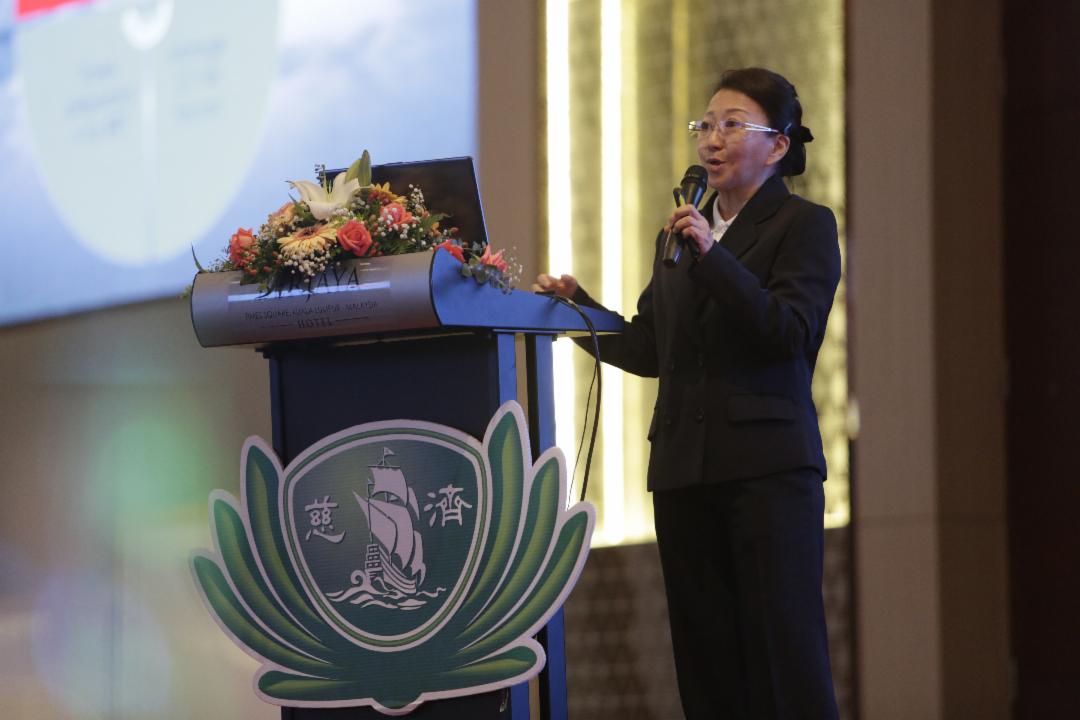
◎ Every plate is an opportunity
Amidst the symphony of voices, a unanimous chorus emerged—a plant-based diet offers remarkable potential in reducing the risk of chronic non-communicable diseases. Dr. Eddie Chan, the initiator of the “21-Day Healthier Me Challenge”, presented empirical evidence substantiating the effectiveness of a WFPB diet. Thousands who embraced this dietary shift had their blood pressure, blood sugar, and cholesterol levels back to normal in just 21 days. This transformative initiative, born in Malaysia in 2020, has since spread across borders to Singapore, Hong Kong, Indonesia, Taiwan, the U.S., and other countries/regions, with over 15,000 participants in total.
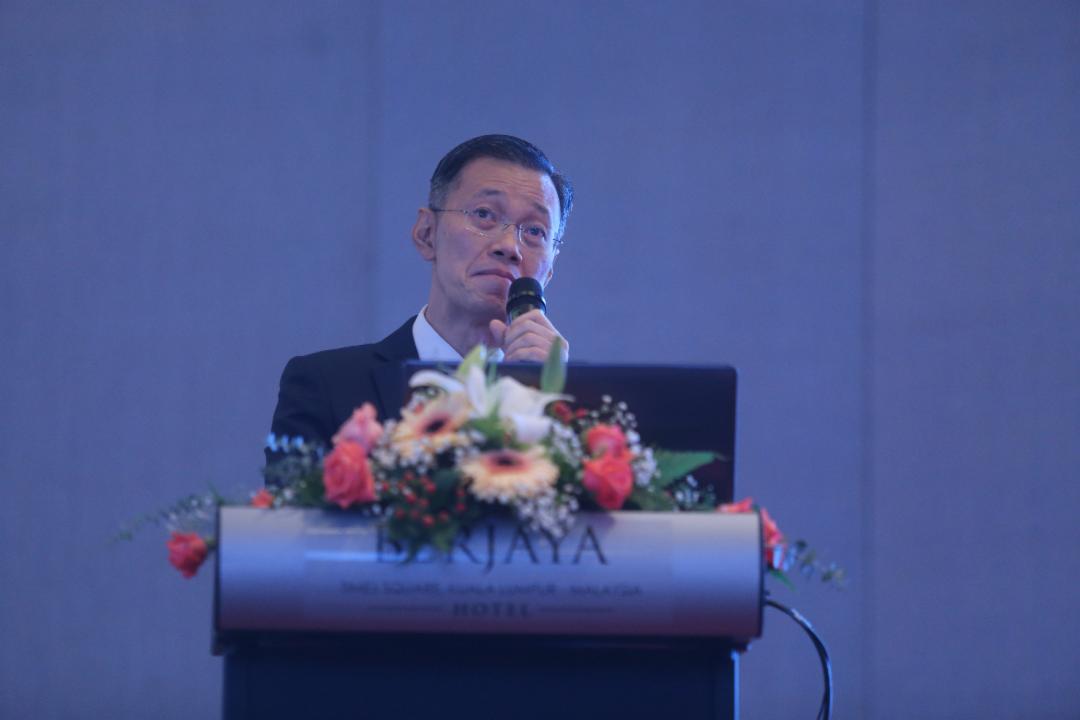
After hearing testimonies of successful cases and scientific evidence, Dr. Azizan binti Abdul Aziz, President-Elect of the Malaysian Medical Association, believed that there can be an impactful ripple effect on public health if the doctors are convinced of the health benefits of a WFPB diet and share it with their patients after experiencing it themselves.
“Every speaker delivered a gem of knowledge that when you put together, you see the big picture. How it is important in terms of disease management, leading a long and healthy life, and how, even those who already have illnesses, can actually be empowered to change their own health,” shared Dr. Charles Johnson from Singapore. He recalled that his friends had attributed his elevated body weight, blood pressure and cholesterol levels to genetic factors and his work routine as an emergency medicine physician. However, he experienced amazing health transformation when he switched to a WFPB diet five years ago. Not only has his sleep quality improved, but his blood pressure and cholesterol levels have also normalised. He shared proudly that he has lost 12 kg, and at age 56 now, his weight is the same as when he was 18.
The conference has also been an eye opener for Dr. Ahmad Isfan Syakir, a surgeon from Shah Alam Hospital. He was stunned to learn that many fishes are contaminated with high levels of mercury, as he has been eating fish due to an allergy to chicken. He said, “I am thinking about what I should eat after this. Since I can’t eat chicken, and now fish, I think vegetarian diet is an option. It comes with more benefits, can prevent many diseases, and can cure some chronic diseases.” Having struggled with shedding weight since childhood, and now convinced about the power of food, Dr. Ahmad believed that dietary changes could be a more sustainable approach for him to maintaining an ideal weight.


●
In a world besieged by chronic diseases, the conference reverberated with wisdom: every plate is an opportunity, every bite a potential transformation. Dr. Eddie Chan, convener of TIMA KL & Selangor, was delighted by the positive response from the participants. He eagerly anticipates the medical community’s urgent endorsement and promotion of a plant-based diet as a key component of a healthier future.



![TIMA KL & Selangor hosted the Healthcare Beyond Medicine Conference at the Berjaya Times Square Hotel on August 6, 2023, to explore the power of food as medicine. [Photo by Leong Chian Yee] TIMA KL & Selangor hosted the Healthcare Beyond Medicine Conference at the Berjaya Times Square Hotel on August 6, 2023, to explore the power of food as medicine. [Photo by Leong Chian Yee]](/images/Articles/YL/2023/KL20230806_lqy01_022.jpg)
